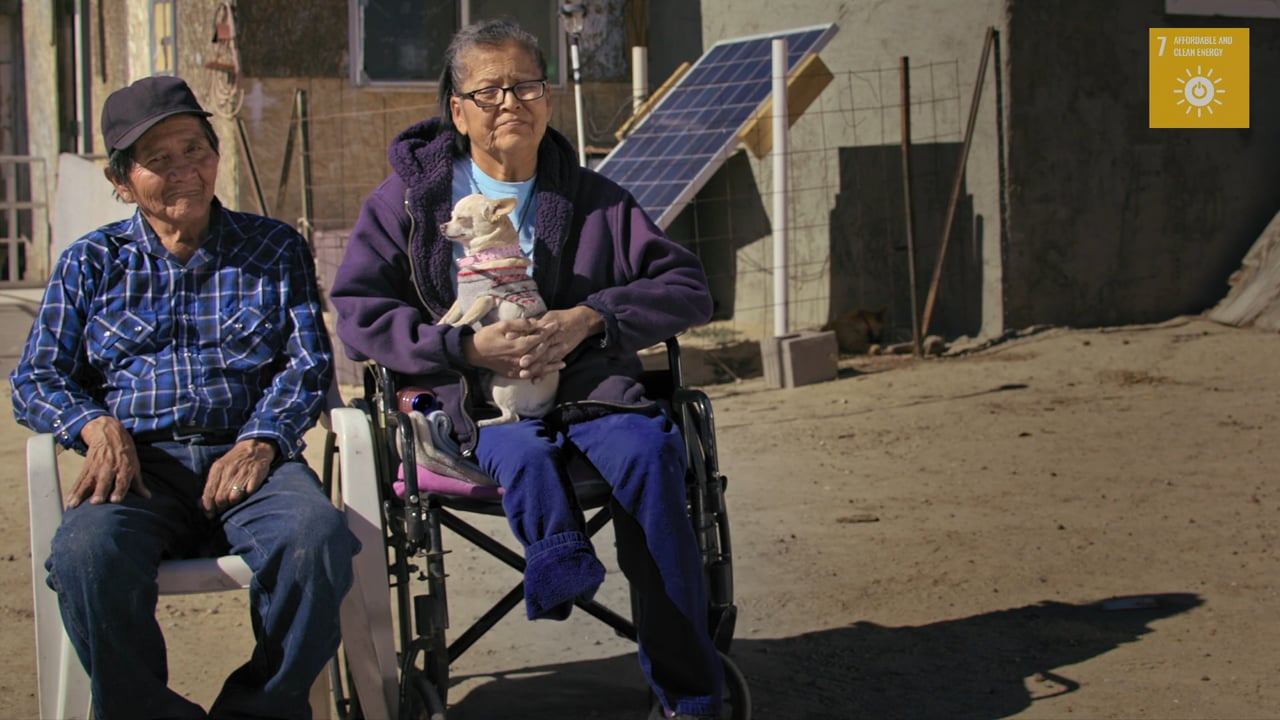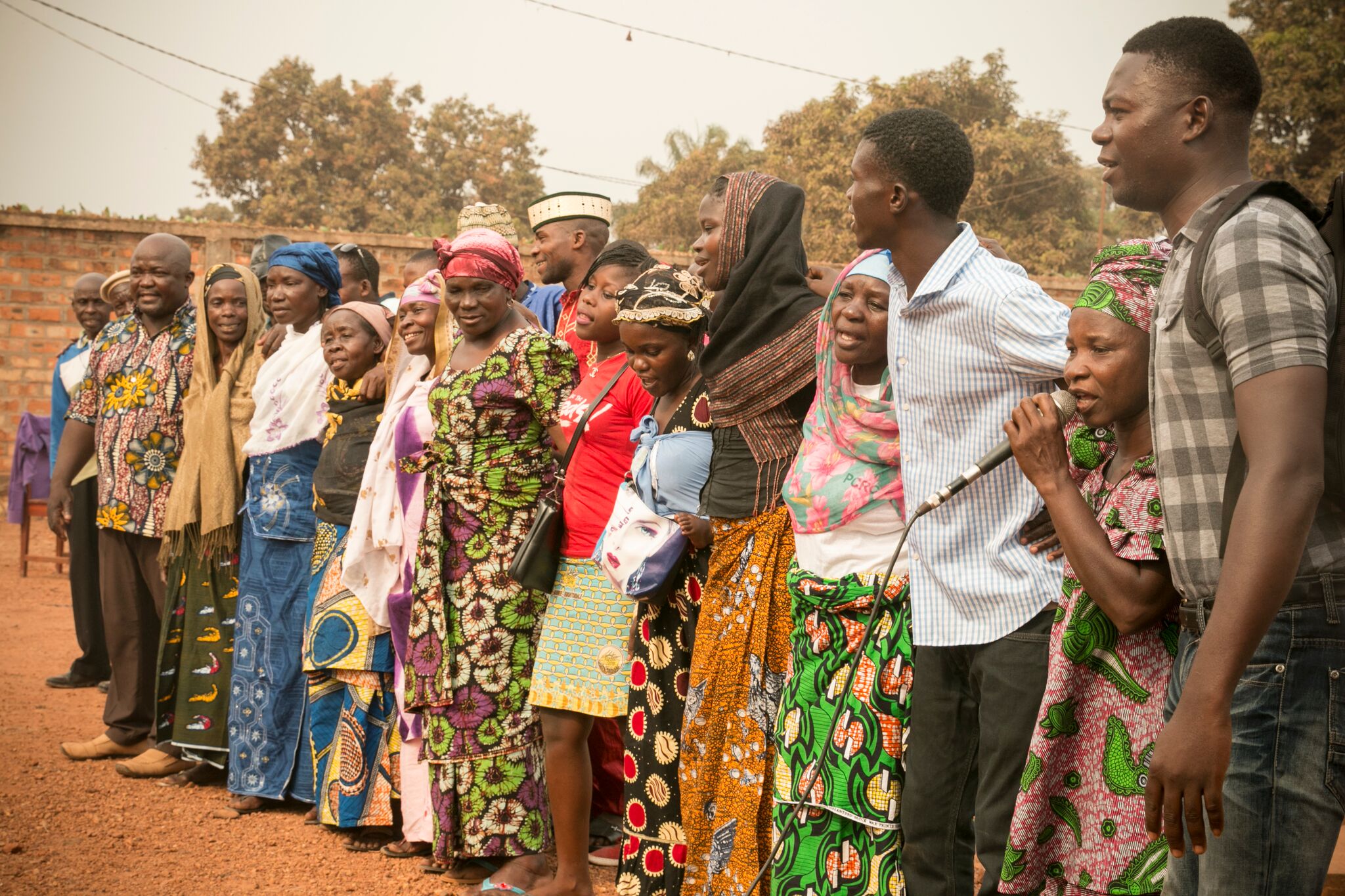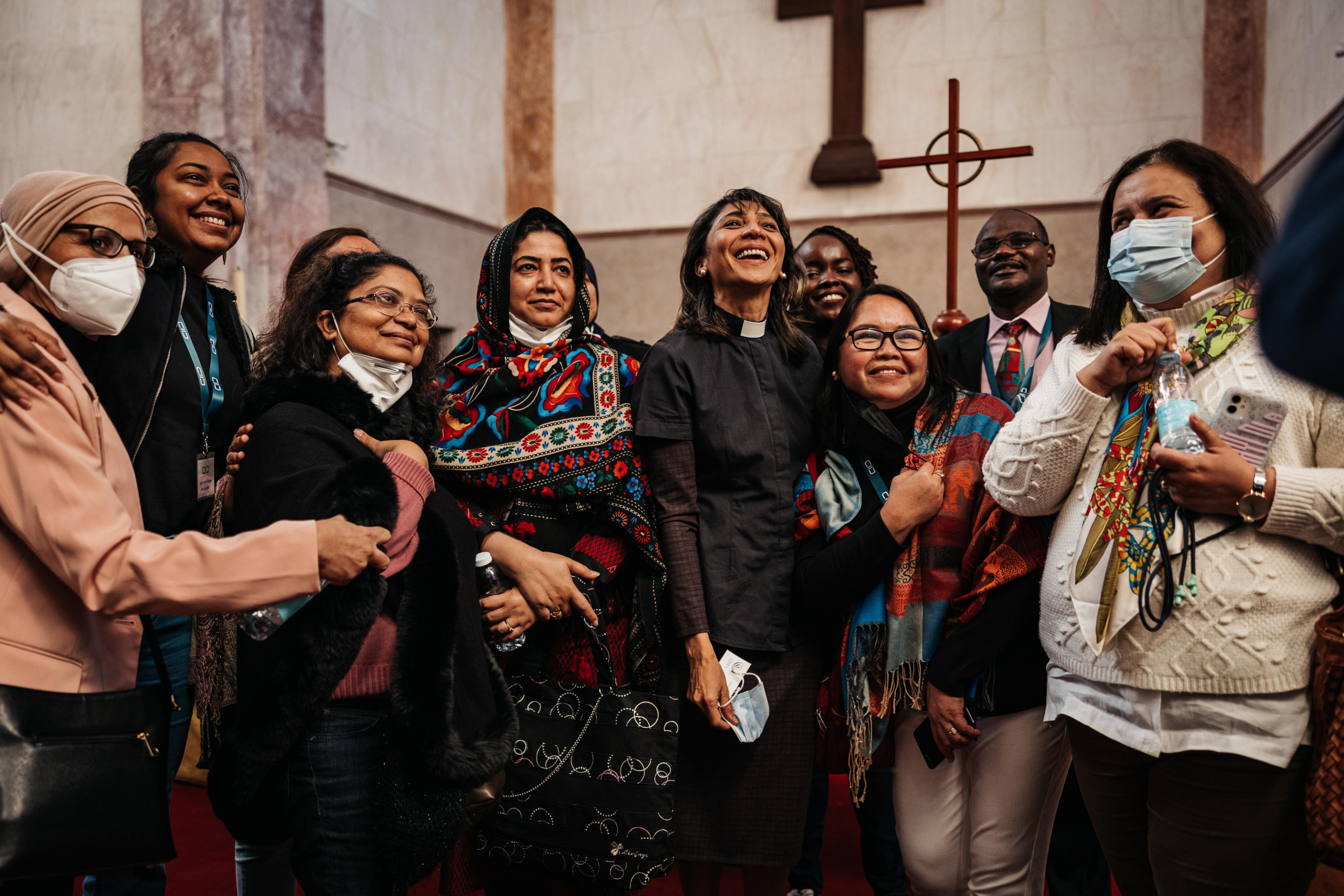Dialogue Voices
The Dialogue Voices are personal accounts of interreligious commitment and experience. They show approaches to, and forms of, interreligious dialogue, and its impact and context on a local, national, or global level. They represent a cross-section of dialogue experiences and its impact worldwide.
New Mexico: Renewable Energy
Energy powers our world. It moves food and water to nourish communities, charges medical devices that save lives, illuminates homes and cities so we can study and work at night, and keeps billions of people connected online. Harnessing these miracles of energy has propelled many societies forward, but not without consequences. Too often energy “progress” devastates local environments and forces heavy costs onto vulnerable communities who reap few of the benefits.
Consider smartphones. This modern technology contains precious metals extracted from Sub-Saharan Africa, yet most of the region and 800 million people worldwide can’t access electricity to use them. 2.8 billion people lack clean cooking fuels and tools, resulting in 2.5 million premature deaths each year from cooking smoke and household air pollution. Only 17 percent of global energy consumption now comes from renewable sources, not nearly enough to meet long-term climate goals at projected growth rates.
Over-reliance on dirty energy impedes all sustainable development goals. Responsibly implementing clean and affordable energy solutions today will improve billions of human lives and help shield future generations from climate change’s worst effects. This will benefit all life, protecting delicate ecosystems and promoting biodiversity below water and on land.
Goal 7 aims to ensure affordable, reliable, sustainable, and modern energy for all. This means universal access to electricity and clean fuel technology. To succeed, UN bodies and partners are working with local communities to shift energy consumption to renewable sources and improve overall efficiency. This will require better international cooperation and greater investment in clean energy technology and infrastructure, especially in developing countries.
Religious institutions and faith-based organizations have good reason to champion affordable clean energy. For humans, it promises greater dignity, opportunity, and equality, moral principles that unite and transcend belief systems. For Earth, it promises a healthier environment, advancing our common duty to act as good stewards of divine creation.



